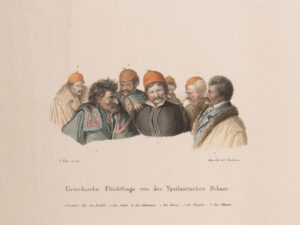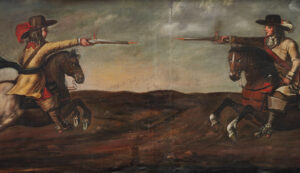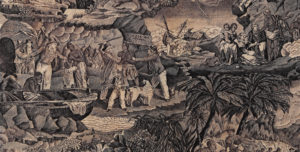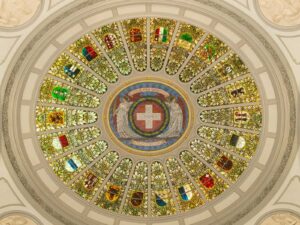
The first federal councillor from Basel in over 50 years
The canton of Basel-Stadt had to wait a long time to be represented on the Federal Council. After the election of Hans-Peter Tschudi in 1959, it was 64 years before the next candidate from the city won a seat on the national executive body. Both events were cause for widespread celebration.
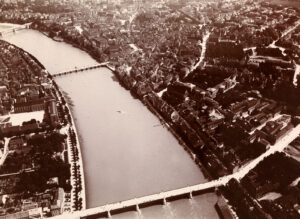
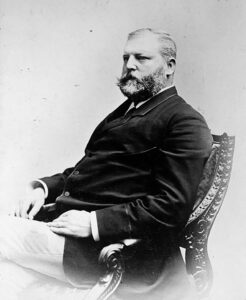
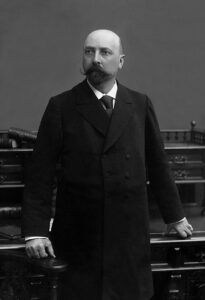
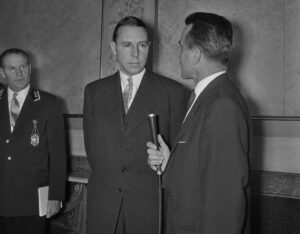
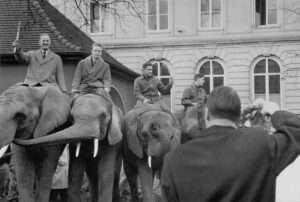
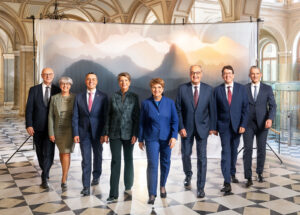
The Swiss parliament celebrates newly elected Federal Councillor Beat Jans from Basel, 50 years after the departure of Hans-Peter Tschudi. SRF

